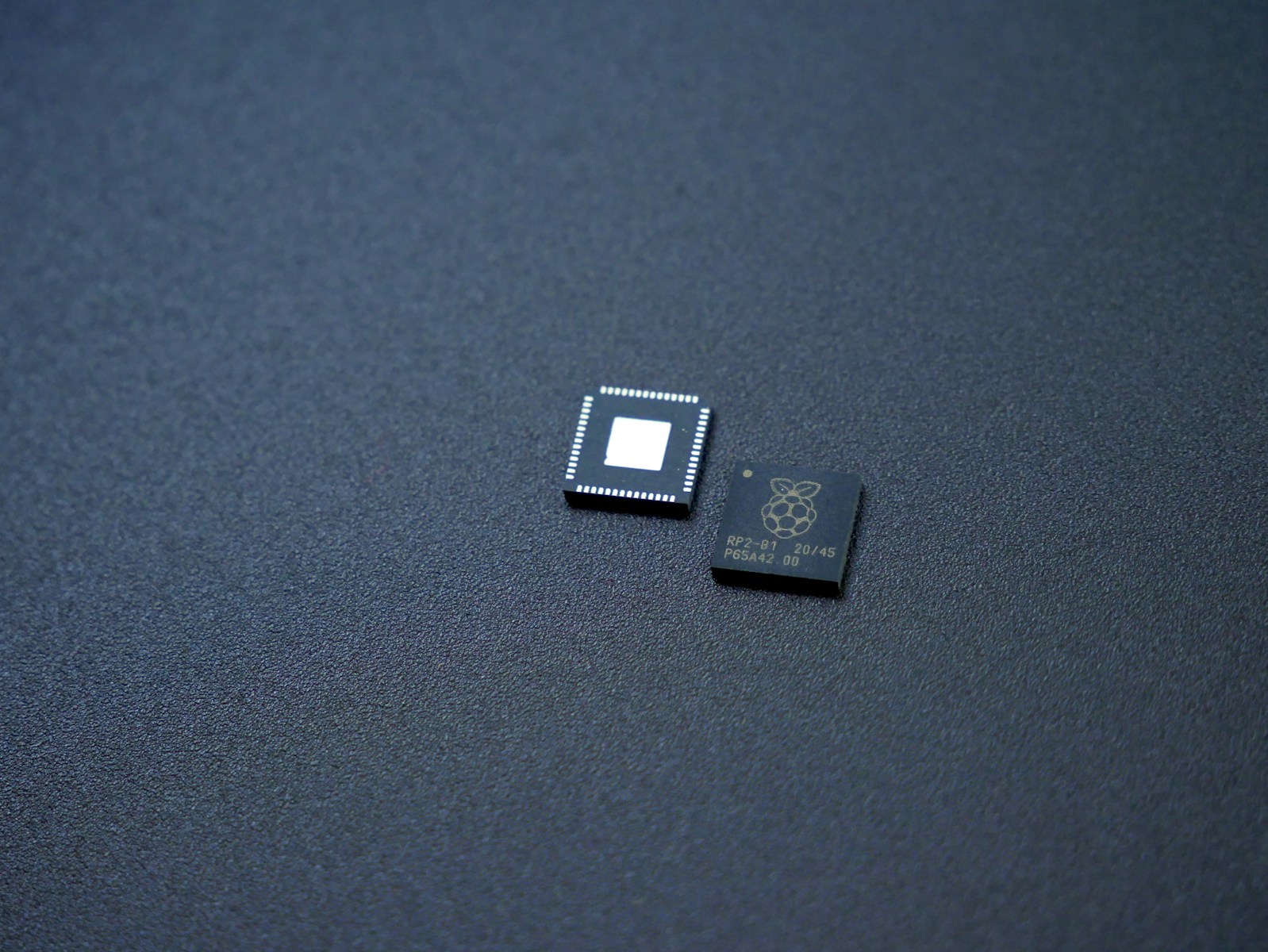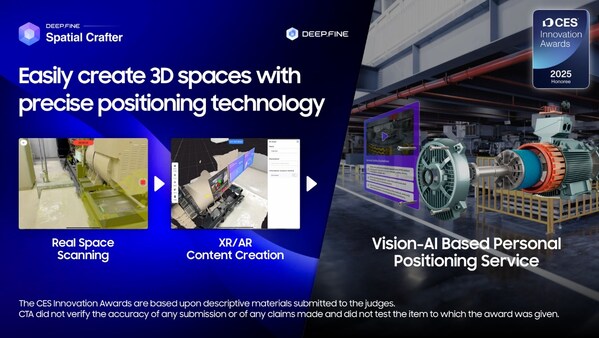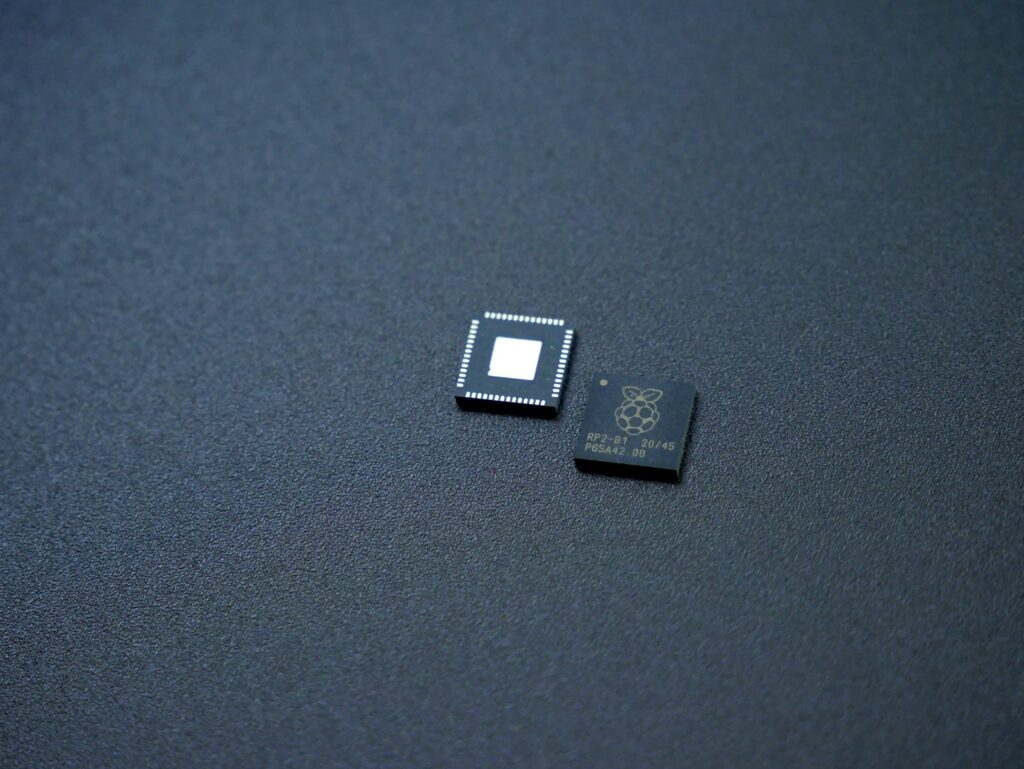Around 30 years ago, Neal Stephenson coined the term ‘Metaverse’ in his novel Snow Crash. His assumptions about the Metaverse meaning were surprisingly accurate. In his novel, the main character “Hiro” puts on a pair of goggles to enter a computer-generated environment.
Other well-renowned authors, such as Mathew Ball, have also discussed Snow Crash in their books while explaining the Metaverse meaning and its ability to revolutionize our digital interactions online.
The novel storyline also revolves around an era of hyperinflation where the dollar’s value has depreciated immensely, and consumers have resorted to other forms of currencies such as Kongbucks. This is very similar to what is happening today with the mass adoption of cryptocurrencies and the utilization of virtual reality headsets to enter digital environments.

Facebook’s announcement about rebranding itself to Meta has left many wondering about what the Metaverse meaning is and what opportunities it offers to businesses and individuals.
By stepping into virtual environments, individuals can interact, play games, use digital currencies to buy and sell assets, and much more. The Metaverse combines Virtual Reality and Augmented Reality to enhance user experiences and make the entire experience more immersive.
Several companies are working on building the Metaverse, such as tech giants Meta, NVIDIA, Microsoft, and more.
The virtual world is expected to surpass a $5 trillion valuation by 2030. The virtual and augmented reality market is also expected to reach $209.2 billion in 2022.
What is the Metaverse, and What is the Meaning behind it?
The Metaverse has been referred to as “the future of social media” by Mark Zuckerberg. Simply put, the Metaverse meaning implies a virtual world that users can explore using avatars. Several metaverses can be accessed using a smartphone, computer, or VR headset.
Using VR headsets such as the MetaQuest 2, users can enter an immersive 3D online world where they can interact with other avatars virtually. These virtual spaces allow users to choose their environments and customize their online experiences.
Avatars can be fully customized using tools provided by Metaverse platforms. Users can select the height, body shape, facial features, clothing, and more! Many platforms offer options for users to create their accessories from scratch.
The Metaverse offers much more than just a place for users to interact. The virtual space aims to completely transform how individuals work, play, and shop online. Businesses have the opportunity of creating virtual stores to interact with users.
Many brands such as Adidas and Nike have decided to venture into the virtual space by adopting different entry strategies. For example, Adidas partnered with Bored Ape Yacht Club to release a limited edition NFT collection that sold out in minutes and generated an estimated $23 million in revenue.
On the other hand, Nike decided to set up their Metaverse within Roblox called “Nikeland,” which enabled users to play sports-related games, engage with other users online, and also has an in-built virtual store where users can purchase virtual and real-life accessories.
It is important to remember that the Metaverse concept is still in its infancy and that there is still a long way to go before we can fully harness its potential. However, the virtual economies within these metaverses are thriving, with virtual real estate being sold for millions of dollars.
Imagine purchasing a piece of virtual real estate and then building a mansion around it to host your parties. With the help of 3D development kits and more, users can design everything in their environments from scratch!
Who Defined The Meaning Of The Metaverse?
As mentioned at the start of this article, the Metaverse meaning was defined by Neal Stephenson in 1992. His novel “Snow Crash” helped users conceptualize the Metaverse and everything it could offer.
Within the novel, users utilized avatars to interact and explore immersive online worlds using goggles and headphones. The novel also mentions electronic currencies, and it is essential to note that this was at the very start of the internet. This prediction was accurate and has helped many understand the Metaverse meaning.
The Metaverse meaning is exciting as it means ‘beyond the universe.’ The word ‘Meta’ is of Greek origin and stands for ‘beyond,’ and ‘verse’ refers to the universe. It signifies the evolution of the internet, where individuals can finally merge the physical and digital worlds.
The Metaverse allows its users to create and shape their own online experiences. Even individuals who do not know how to code can use tools such as game builders, 3D modelers, and more to build environments, objects, and valuable assets online.
Not only this, but this advancement in technology has also enabled several different virtual economies where individuals can create, buy and purchase digital assets. The Blockchain allows for these transactions to be recorded, thus verifying ownership.
The CEO of Pocket Worlds stated that the Metaverse meaning is “a place where physical and digital converge. He also refers to it as the next generation of internet. The CEO of in3D referred to the Metaverse meaning as “A parallel universe where the laws of physics do not bind users.”
The Metaverse meaning outlined in Merriam-Webster also describes how the Metaverse has evolved from science fiction to reality. Similarly, other online publications, such as the New York Times, refer to the Metaverse meaning as “the convergence of the real world with the virtual one.”
What Is The Difference Between Web3 And The Metaverse?
The concept of decentralization is what makes Web3 unique. Previously, large centralized entities such as Facebook could set rules and control decision-making within their platforms. With decentralization, the power to make decisions is shifted to a distributed network, thus giving users the freedom to make their own decisions.
The objective of Web3 is to remove the need for intermediaries by adopting a secure decentralized approach. No central authority is allowed to control the development of Web3. It incorporates the Blockchain and primarily concerns users’ freedom within its space.
The emphasis of the Metaverse is on virtual experiences, intending to transform the way users interact online. These virtual spaces allow users to host parties, attend digital events such as concerts, create new games, and socialize online, thus aligning with the Metaverse meaning, i.e., “Beyond the Universe.”
While some Metaverses will be decentralized by adopting the Web3 technology model, centralized Metaverses such as Horizon Worlds will be controlled by a single entity.
Tech giants like Meta are already trying to establish a monopoly within Metaverse by purchasing different Metaverse enterprises. However, regulatory bodies such as the FTC are blocking such acquisitions to stop large companies such as Meta from ‘buying’ control of the Metaverse.
The Metaverse and Web3, however, are perfectly set up to work in harmony. The decentralized model offered by Web3 allows Metaverses to build a virtual economy within their worlds, thus supporting creators.
Many Metaverses such as Decentraland and the Sandbox are opting for the DAO (Decentralized Autonomous Organization) model, which gives users complete autonomy to make decisions and create their environments. The DAO model is based on cryptocurrency tokens such as APE, SAND, and MANA. The holders of these tokens have voting power and can make decisions. The process of voting is hosted on the Blockchain. The voting power is distributed according to the user’s number of tokens. For example, a user owning 300 tokens would have more voting power than a user with 100 tokens.
The Future of the Metaverse
After fully understanding the Metaverse meaning, it is clear to see that there are many exciting things to come for the future. With massive interest in digital assets such as virtual real estate, the Metaverse offers many options for users and businesses to earn within the virtual space. Many companies are working on creating hardware that can make user experiences more immersive.
Here are some of the exciting Metaverse projects that are being worked on:
- Microsoft: The Microsoft HoloLens has already made significant strides in the industrial sector, with Kawasaki and Heinz utilizing AR within their factories. The HoloLens allows wearers to experience Augmented Reality by combining digital imagery with the surrounding real-world setting. Microsoft’s Industrial Metaverse aims to help resolve real-life problems and to maximize efficiency. Processes such as repairs can be sped up immensely as AR can walk workers through the process of completing the repairs.
- NVIDIA: NVIDIA focuses on providing development kits for developers to collaborate and create digital assets and interactive environments in the Metaverse. The Omniverse Kit is used by large companies such as Kroger, Amazon, Lowe’s, and more!
- Meta: Meta is working on improving their VR headset, MetaQuest 2, and is also focusing on incorporating sensors to allow users to feel things within the environment. They have recently been working on ‘Robotic Skin’ that provides haptic feedback to users through sensors.
- Mojo Lens: Mojo Lens is currently developing AR contact lenses, which would eliminate the need for headsets, mobiles, and other devices. Simply putting these lenses on, users can experience “Mixed Reality.” The possibilities that this exciting piece of hardware offers are limitless. It utilizes MicroLEDs alongside solid-state batteries to fully enable users to experience Augmented Reality.
- Tesla Suits: There are also companies such as Tesla Suit currently working on developing state-of-the-art haptic feedback bodysuits for users. These suits will be incorporated with VR headsets to provide users with a completely immersive online experience. It uses magnetometers, accelerometers, and gyroscopes to track and monitor user movements. It also offers positional tracking as well as motion tracking, which can make it a perfect fit for usage for virtual games such as basketball.
- Haptx: These sensor-based gloves also provide haptic feedback, similar to the suits mentioned above. The calibration on these gloves offers incredible tracking precision, and these hands can be controlled from thousands of miles away. By combining these gloves with VR, workers can perform repairs in industries remotely. Haptx is also looking to provide an option for surgeons to perform operations remotely. These gloves can help Metaverse users grab objects within the Metaverse and experience haptic feedback.
Conclusion
We hope this article has helped you understand what the Metaverse is and its vast potential. By providing users the freedom to explore massive 3D virtual worlds and create their environments, the future of the Metaverse is very exciting. Tech companies are spending millions of dollars on developing hardware and virtual environments for users to immerse themselves within virtual worlds.
However, since it is still in its early stages, many are unaware of the meaning of the Metaverse. Even tech-savvy individuals find it hard to put into words, as everyone’s definition differs. Users can derive their Metaverse meaning after fully immersing themselves within the virtual world.
The prices for hardware such as bodysuits and other sensor-based items are costly. Work is continually being done to reduce costs and make these accessories affordable, making them readily available to users. Other brands and businesses can also set up their virtual presence to interact with customers online.
For more market insights, check out our latest Digital Twin news here.













